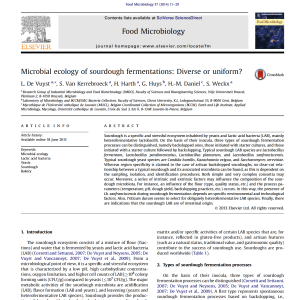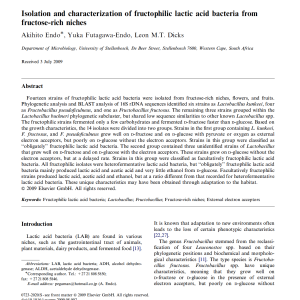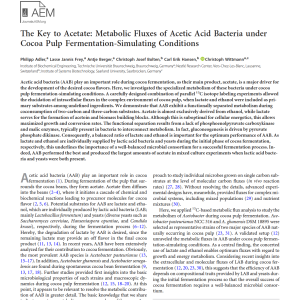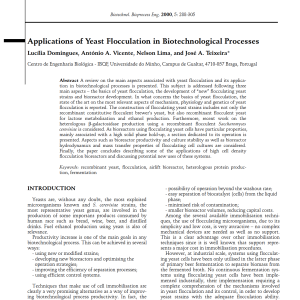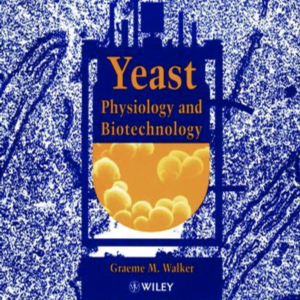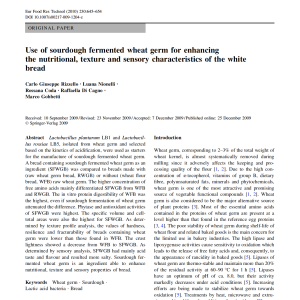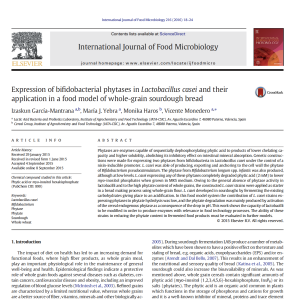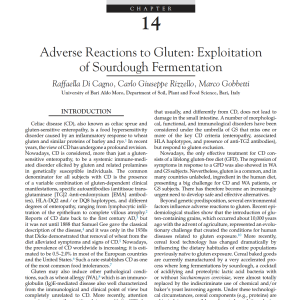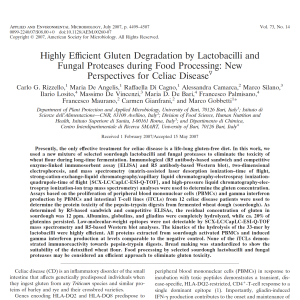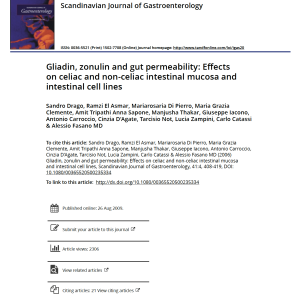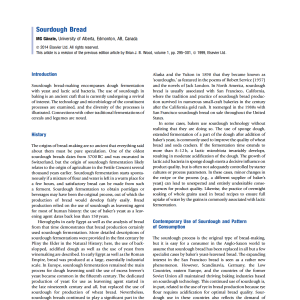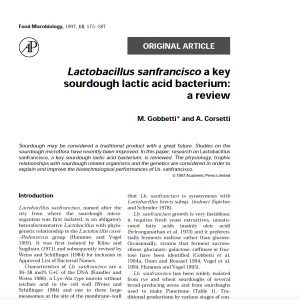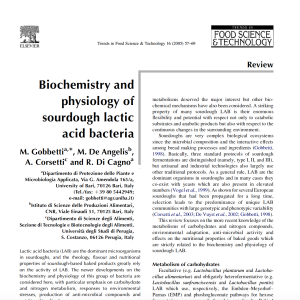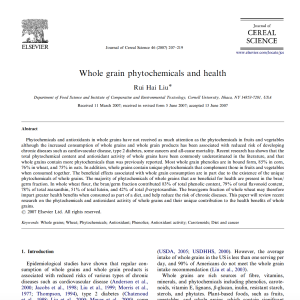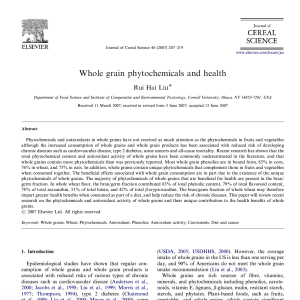Baking as Lifestyle Medicine Research Library
Baking as Lifestyle Medicine Research Library
Comprising seven principles and reflecting over 20 years of research. The Baking as Lifestyle Medicine Protocol ( BALM Protocol ) is an evidence-based approach. The foundation of BALM is in The Six Pillars of Lifestyle Medicine. The framework guides everything we do at The Sourdough School and The Sourdough Club.
This library embodies a comprehensive and holistic approach to the study of baking, eating, and sharing bread, encompassing a diverse range of interconnected topics. Reflecting the complexity of this approach, the research covers various areas such as breadmaking, nutrition, fermentation, lifestyle medicine, sleep science, stress management, physical activity, non-communicable diseases, and the gut microbiome, with a strong focus on the mechanisms of fermentation.
By integrating these diverse fields of study, the library offers a multifaceted perspective on the many aspects that contribute to our relationship with bread and its impact on our well-being. This holistic approach acknowledges the complexity of the subject matter and encourages a deeper understanding of the interconnected factors that influence our health and overall quality of life through the lens of breadmaking and consumption.
Students can use the catalogue to search but must be logged in to do so.
How do we use the studies?
Every recipe, every lesson, and every ingredient in The School and the Club is meticulously researched, and we link back to the research in this library.
Creating and maintaining our research library has taken hundreds of hours and significant resources. From the beginning, Vanessa has written plain English "translations" of each study to make the information more accessible and understandable for a wider audience. Although academic studies are linked to each review, several obstacles inspired us to share this knowledge freely:
- Limited access to studies: In the past, many studies were only available to those affiliated with academic institutions. While this has improved over the years, we believe that knowledge should be accessible to everyone, regardless of their background or affiliation.
- Difficulty understanding academic language: Even when studies are publicly available, many people struggle to interpret the complex language used in academic research. By providing plain English summaries, we aim to bridge this gap and make research findings more comprehensible to a wider audience.
- Translating knowledge into practical applications: Understanding the results of a study doesn't always equate to knowing how to apply that knowledge to everyday life, such as incorporating it into one's diet. Our library helps readers of our books gain a deeper understanding of the research behind them and offers practical guidance on incorporating the findings into their lives.
Vanessa firmly believes that making knowledge accessible and available is a way to disrupt the influence of large food conglomerates that produce addictive ultra-processed foods. We view knowledge-sharing as a vital component of our social justice strategy, empowering people to make informed decisions about their diets and overall well-being.
By sharing our research library freely, we encourage everyone to bake, eat, and share knowledge, promoting a more equitable and health-conscious society.
Isolation and characterization of fructophilic lactic acid bacteria from fructose-rich niches
The Key to Acetate: Metabolic Fluxes of Acetic Acid Bacteria under Cocoa Pulp Fermentation-Simulating Conditions
Applications of Yeast Flocculation in Biotechnological Processes
Yeast Physiology and Biotechnology
Use of sourdough fermented wheat germ for enhancing the nutritional, texture and sensory characteristics of the white bread
Expression of bifidobacterial phytases in Lactobacillus casei and their application in a food model of whole-grain sourdough bread
Adverse reactions to gluten: Exploitation of sourdough fermentation
Highly efficient gluten degradation by lactobacilli and fungal proteases during food processing: New perspective for coeliac disease
Gliadin, Zonulin and Gut Permeability: Effects on celiac and non-celiac intestinal mucosa and intestinal cell lines
Sourdough Bread
Lactobacillus sanfrancisco a key sourdough lactic acid bacterium: a review
Biochemistry and physiology of sourdough lactic acid bacteria
The active role of vitamin C in mammalian iron metabolism: Much more than just enhanced iron absorption!
An overview of the functionality of exopolysaccharides produced by lactic acid bacteria
- « Previous Page
- 1
- …
- 33
- 34
- 35
- 36
- 37
- …
- 42
- Next Page »
